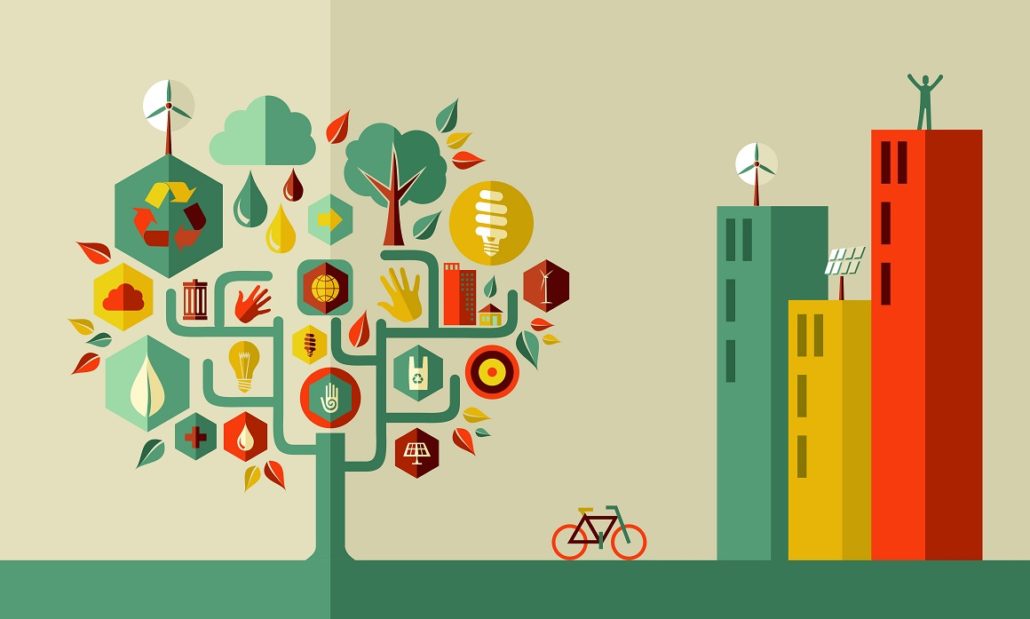Sustainability is no longer just a buzzword—it’s a business imperative. Companies that embed sustainability into their core operations are not only addressing global environmental concerns but also gaining a competitive advantage. As consumers demand eco-friendly products, businesses that prioritize sustainability are reshaping their strategies to align with this growing market shift.
The Business Case for Sustainability
Sustainability-driven companies are witnessing tangible benefits, from cost savings through energy efficiency to increased customer loyalty. Sustainable practices, such as sourcing ethical materials and reducing carbon footprints, are becoming key differentiators in a crowded marketplace. Brands that ignore this shift risk losing relevance as consumer preferences continue to evolve.
This trend is evident across industries. From fashion brands adopting circular economies to tech companies investing in energy-efficient data centers, businesses are recognizing that sustainability is not just about compliance—it’s about long-term profitability and resilience.

Sustainability and Marketing Strategies
The demand for transparency has redefined marketing. Greenwashing—falsely advertising sustainability claims—no longer works as consumers become more informed. Instead, authenticity is key. Companies that genuinely integrate sustainable practices into their business models and communicate their impact effectively are building stronger connections with customers.
Eco-friendly packaging, carbon-neutral shipping, and sustainable supply chains are now prominent selling points. Businesses leveraging these aspects in their branding and storytelling are experiencing stronger engagement and brand loyalty.
Entrepreneurs and the Future of Sustainable Business
For entrepreneurs, sustainability should not be an afterthought but a foundational aspect of business planning. Integrating eco-conscious initiatives early on can lead to more efficient operations and cost-effective solutions in the long run. Investors, too, are prioritizing businesses with strong environmental, social, and governance (ESG) frameworks, making sustainability a factor in securing funding.
The Economic and Environmental Balance
While transitioning to sustainable models requires initial investment, the long-term economic benefits outweigh the costs. Reduced waste, lower energy consumption, and improved resource efficiency contribute directly to profitability. Additionally, businesses adopting sustainability are future-proofing themselves against regulatory changes and shifting market demands.
The Takeaway
Sustainability is not just an ethical choice—it’s a smart business strategy. Companies that embrace it are not only contributing to a healthier planet but are also securing long-term success. As the business landscape evolves, those who integrate sustainability into their models will lead the way, proving that profitability and responsibility can go hand in hand.
In today’s economy, sustainability is not a limitation—it’s an opportunity. The future of business belongs to those who recognize that growth and environmental stewardship are not mutually exclusive, but mutually reinforcing.